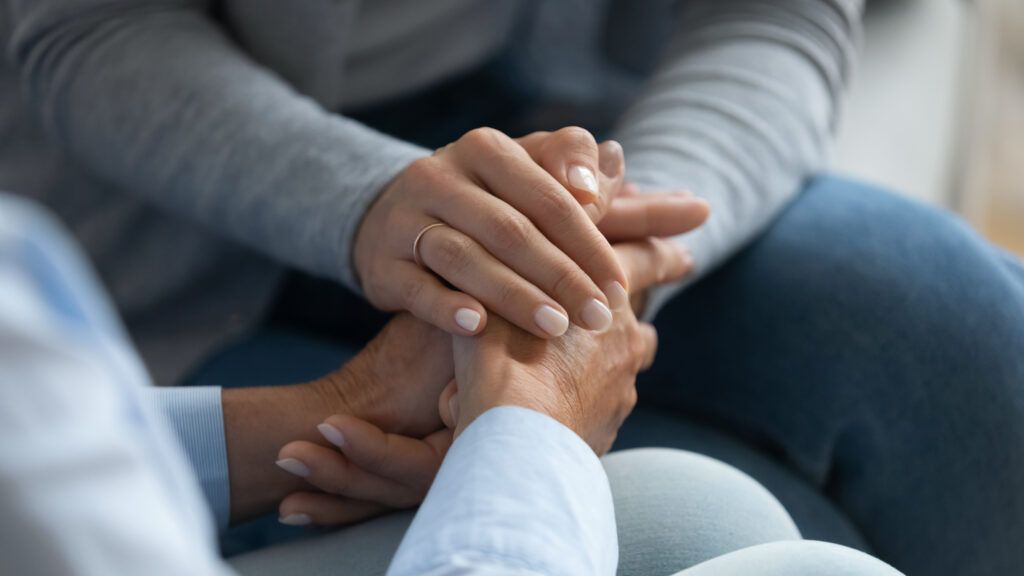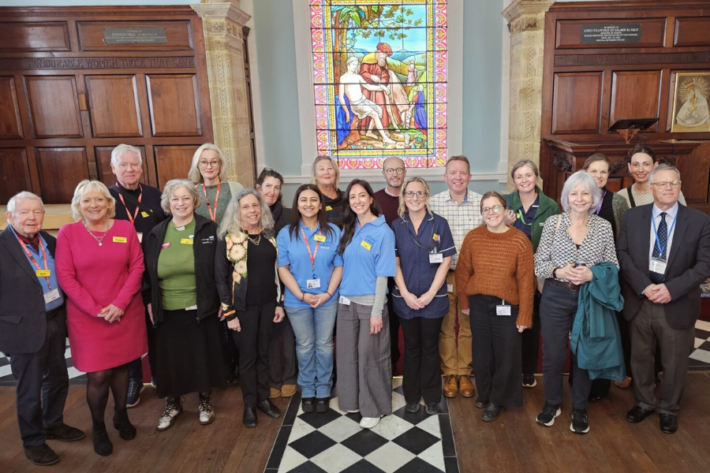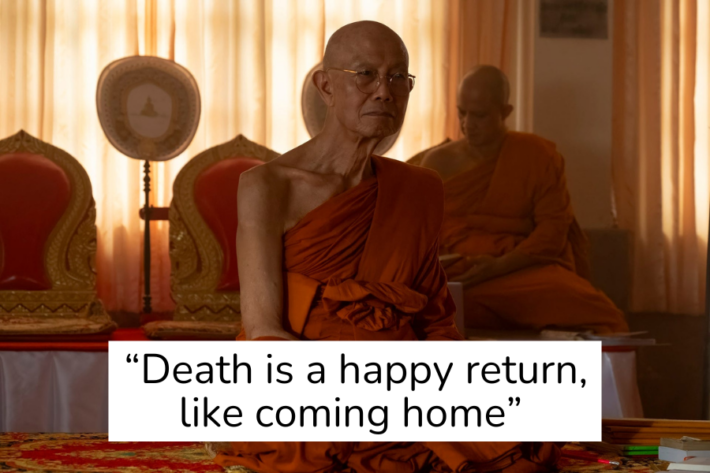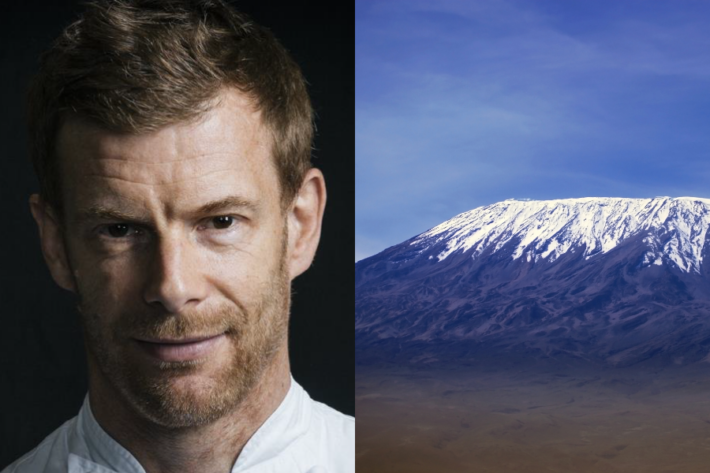Why is it so important to talk to your family about your wishes, should the worst happen?

In the run up to Dying Matters Awareness Week 2022 (2nd – 6th May), our CEO Liz Pryor explores why we find talking about death and dying so difficult…
The Dreaded “D Word!”
We all find it difficult to have conversations with the people we love about what will happen when we or they die. Yet, death really is one of the only certainties there is in life…. We are all born, we live our lives (hopefully a long and healthy one) and then, we die… So, then why do we find the subject of death and dying so difficult?
Talking about death can feel like a depressing thing to do. The “D” word really has become a taboo subject in our society today. Some might even say death has become medicalised and no longer seen as a natural part of everyday life.!
Taboo Subject
The taboo nature of death is evident in a recent survey carried out by Which? when Later Life Care researchers found that over 70% of people haven’t planned for the end of their life, and there is a concerning lack of awareness of options for this care. For instance, 49% of people believed that they would have to pay for hospice care, but in fact the opposite is true – most hospice care is free to the patient, instead being funded by grants and donations.
How to Start the Conversation
At the Anne Robson Trust, we are often asked “How do I start the conversation?” or we are told “My partner just doesn’t want to talk about dying – they feel it will manifest death.”
There are many ways to approach these situations, but one that works well is to gently ask the person “Would you mind if we discussed what I would like to happen, should I die?” Opening the conversation in this way, isn’t too pointedly directed at the person, and may well start them thinking along the right lines. If someone doesn’t want to talk – it can be counter productive to force the discussion head on.
Talking about planning for the end of life is so much easier when everyone is well, and ‘the end’ feels like something that will happen in the future – not in the next few months, weeks, or days.
Very importantly, if you can manage to have the conversation with your nearest and dearest about what you would like to happen, should you die, it will be such a huge help to them when it does happen. They will be in shock, and feeling sad when you do die, but to know that they are carrying out your wishes, and not having to second guess them, will make an extremely difficult time just that little bit easier.
My Wishes
We created our My Wishes Checklist to help get the conversation started. The checklist is a crib sheet of the different parts of ‘life’s’ admin that are useful to jot down. The checklist can be used in its entirety or in part – whichever bits are most useful to you. Once completed, its vital that you store the document securely – either electronically, or printed out and kept with other important documents, such as your Will. Also, make sure that those who would care for you, should you become very ill, know where they can find your My Wishes document.
It is never to early to start the conversation about death and dying – just don’t leave it until it’s too late.
You can find our My Wishes Checklist here.



